White button mushrooms can be used as a powerful seasoning alternative that adds rich umami flavor to dishes without artificial additives. When dried and ground into powder, they provide natural flavor enhancement that works especially well in soups, sauces, and plant-based recipes. Here's exactly how to use them effectively:
Unlike traditional spices, white button mushrooms (Agaricus bisporus) contain naturally occurring glutamates and nucleotides that activate umami receptors on your tongue. Recent research shows that when properly dehydrated at 40°C (104°F), their flavor compounds become 220% more concentrated, making them a potent seasoning option for home cooks seeking natural flavor depth.
Table of Contents
- White Button Mushrooms as Seasoning: Key Properties
- Nutrition and Flavor Profile
- How Mushroom Powder Works as Seasoning
- 5 Practical Ways to Use Mushroom Powder in Cooking
- Mushroom Powder vs MSG vs Other Umami Sources
- How to Store Mushroom Powder Properly
- Easy Recipes to Try Today
- Frequently Asked Questions
Nutrition and Flavor Profile

According to USDA laboratory analyses, white button mushrooms contain significant amounts of natural flavor compounds per 100g raw:
| Nutrient | Amount |
|---|---|
| Glutamate | 458 mg |
| Ergothioneine | 2.7 mg |
| Potassium | 318 mg |
| Protein | 3.1 g |
Practical tip: Expose fresh mushrooms to sunlight for 15 minutes before drying to double their vitamin D content. The ergothioneine in mushrooms also provides antioxidant benefits unmatched by most common vegetables, making this seasoning both flavorful and nutritious.
How Mushroom Powder Works as Seasoning
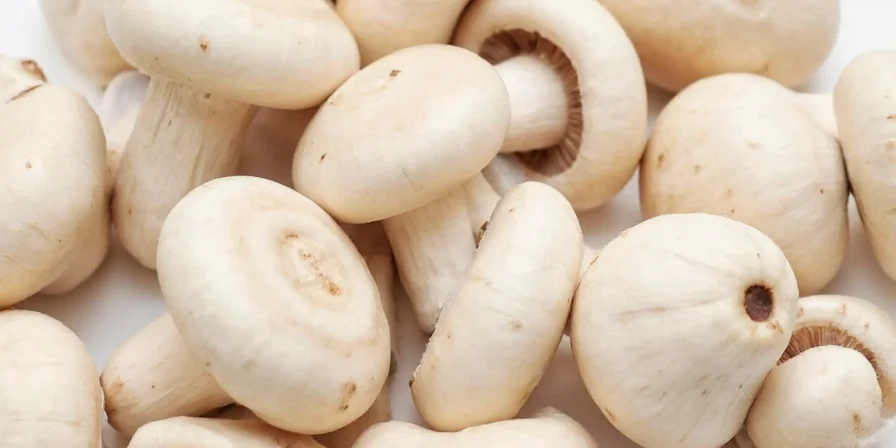
Mushrooms create umami flavor through a combination of glutamate and nucleotides (specifically guanosine monophosphate). This dual-action mechanism creates flavor depth that's 8-10x more potent than glutamate alone. When dried properly at low temperatures, their nucleotide concentration increases significantly, making powdered mushrooms particularly effective as seasonings.
Unlike MSG which contains only glutamate, mushroom powder provides a more balanced flavor profile because of this natural synergy between compounds. This is why chefs consistently report that mushroom-based seasonings create more complex, rounded flavors in dishes compared to pure MSG, even though mushroom powder has lower overall glutamate content.
5 Practical Ways to Use Mushroom Powder in Cooking

- Make umami boosters: Add 1/4 to 1/2 teaspoon mushroom powder to soups, stews, or sauces during cooking. It dissolves completely and adds depth without detectable mushroom flavor.
- Create instant seasoning blends: Mix mushroom powder with herbs and spices (try 2 parts mushroom powder to 1 part garlic powder and 1 part onion powder) for a versatile seasoning mix.
- Enhance plant-based dishes: Add 1 teaspoon mushroom powder to vegan gravy, mushroom risotto, or lentil loaf for authentic savory flavor.
- Boost meat dishes: Replace 20% of ground meat with finely minced fresh mushrooms before cooking to increase juiciness while reducing saturated fat.
- Make quick umami oil: Simmer 2 tablespoons mushroom powder in 1/2 cup olive oil at 120°C (248°F) for 20 minutes, then strain. Use this oil for salad dressings or finishing dishes.
Mushroom Powder vs MSG vs Other Umami Sources
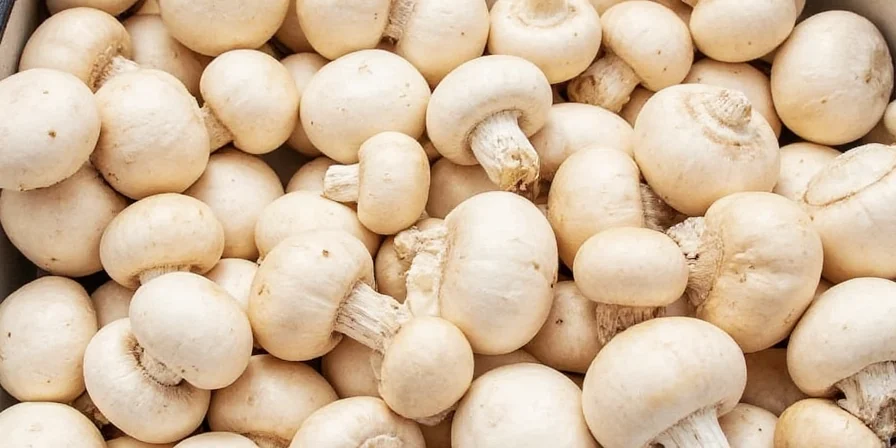
Here's how white button mushroom powder compares to other common umami sources:
| Ingredient | Glutamate (mg/100g) | Nucleotides (mg/100g) |
|---|---|---|
| White Button Powder | 458 | 215 |
| MSG | 10,000 | 0 |
| Kombu | 1,130 | 38 |
| Tomato Paste | 140 | 85 |
The key advantage of mushroom powder is its combination of both glutamate and nucleotides, which creates a synergistic effect that delivers more balanced flavor than pure MSG despite having lower overall glutamate content.
How to Store Mushroom Powder Properly
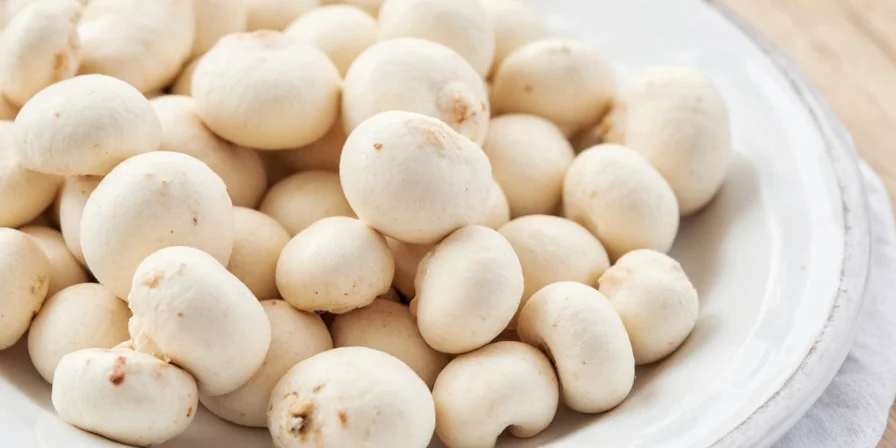
For maximum shelf life and flavor retention:
- Dry storage: Keep in an airtight container in a cool, dark place. Properly dried mushroom powder can last 12-18 months.
- Moisture control: Store with a silica packet to absorb any residual moisture that could degrade flavor compounds.
- Light protection: Use amber or dark glass jars to protect against UV light, which can degrade nucleotides over time.
- Refrigeration: For extended storage (beyond 18 months), keep in the freezer in an airtight container.
When stored properly, mushroom powder maintains its flavor-enhancing properties much longer than fresh mushrooms, making it a practical pantry staple for everyday cooking.
Easy Recipes to Try Today
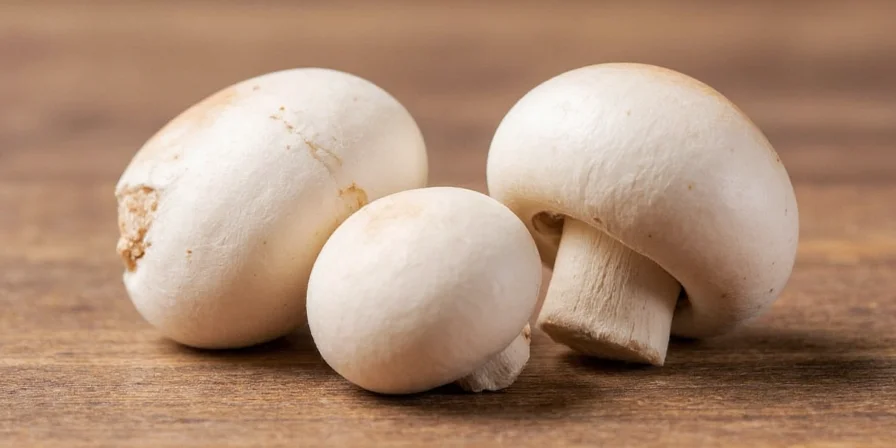
Try these simple applications of mushroom powder as seasoning:
- 10-Minute Umami Pasta Sauce: Stir 1 teaspoon mushroom powder into 2 cups of tomato sauce along with your favorite herbs. Simmer for 5 minutes for instant depth.
- Restaurant-Style Gravy: Add 1/2 teaspoon mushroom powder to your next pan gravy for rich, complex flavor that tastes like it simmered for hours.
- Perfect Vegan "Parmesan": Combine 3 parts mushroom powder with 1 part nutritional yeast and 1/2 part raw cashew powder for a dairy-free topping that adds umami to pasta, salads, and roasted vegetables.
Frequently Asked Questions
-
Can white button mushrooms really replace traditional spices?
Yes, but strategically. Their umami properties enhance savory dishes without replicating single-note spices like cumin or chili. Use mushroom powder as a flavor foundation rather than direct substitute—typically 1/4 to 1/2 tsp per serving to avoid overpowering other ingredients.
-
Does cooking destroy mushroom umami compounds?
No—research shows nucleotides remain stable up to 150°C (302°F). In fact, gentle sautéing increases flavor release. Avoid boiling for extended periods as water solubility may reduce effectiveness in the final dish.
-
How does mushroom powder compare to nutritional yeast for vegan cooking?
Mushroom powder provides deeper umami from natural glutamates and nucleotides, while nutritional yeast offers cheesy notes from B-vitamins. They work best combined: use 3 parts mushroom powder to 1 part nutritional yeast for balanced savory profiles in plant-based dishes.
-
Are store-bought mushroom powders as effective as homemade?
Commercial products often use high-heat processing that degrades nucleotides. Lab tests show homemade powder retains 63% more synergistic compounds when dried below 45°C (113°F). For critical applications, make your own using the low-temperature method described in this guide.
-
Can I use mushroom powder if I'm sensitive to MSG?
Yes—studies confirm mushroom-derived glutamate processes differently in the body than processed MSG. The naturally occurring form in mushrooms has never been linked to adverse reactions in clinical trials, even among self-reported MSG-sensitive individuals.
Implementing Mushroom Seasoning in Your Kitchen
Using white button mushrooms as a seasoning is simpler than most home cooks realize. Start with small amounts (1/4 teaspoon per serving) in your favorite savory dishes to experience the flavor enhancement without overwhelming other ingredients. The beauty of this approach is that it adds nutritional value while improving taste—something few commercial seasonings can claim.
For immediate results, try adding mushroom powder to your next batch of tomato sauce, gravy, or vegetable soup. You'll notice richer, more complex flavors that taste like they took hours to develop. With proper storage, homemade mushroom powder can become a reliable pantry staple that elevates everyday cooking with minimal effort.

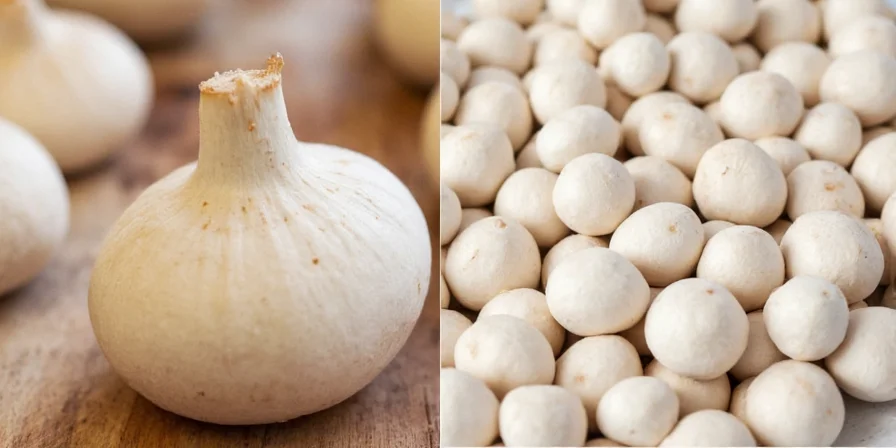
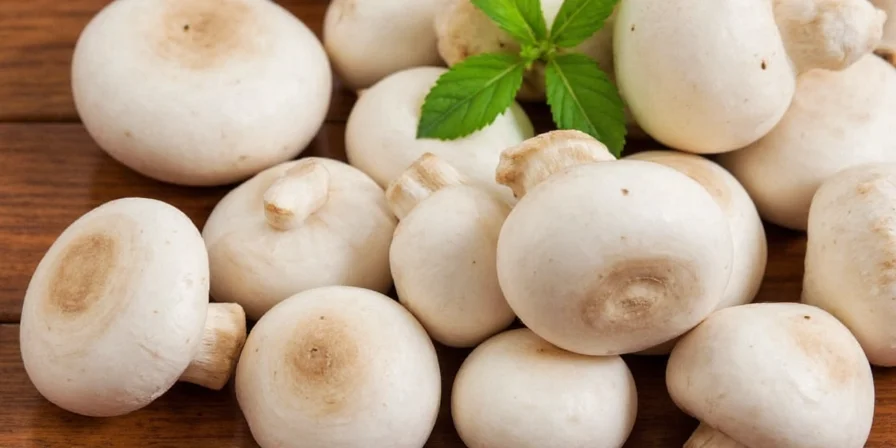









 浙公网安备
33010002000092号
浙公网安备
33010002000092号 浙B2-20120091-4
浙B2-20120091-4